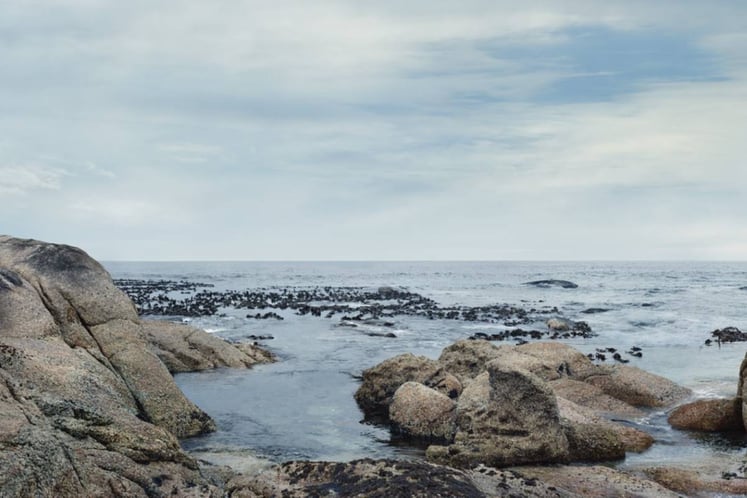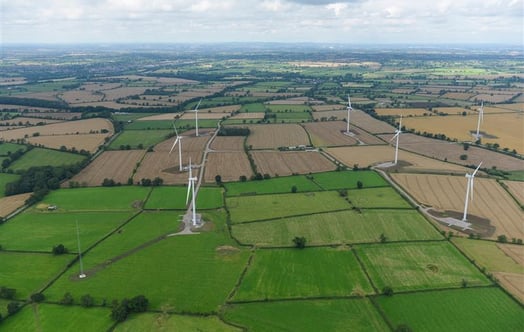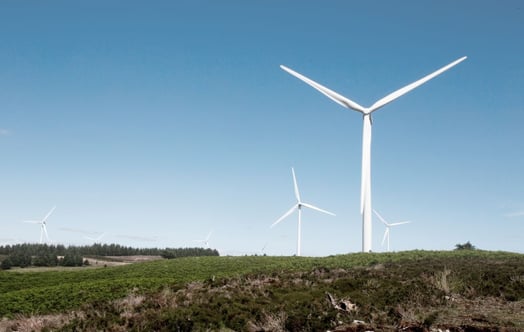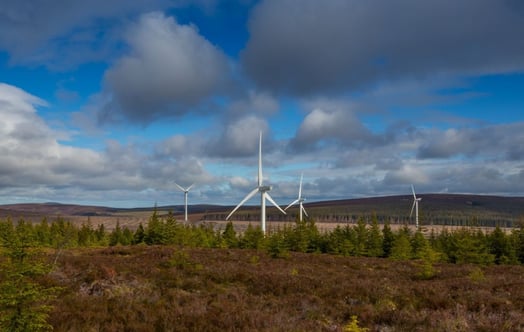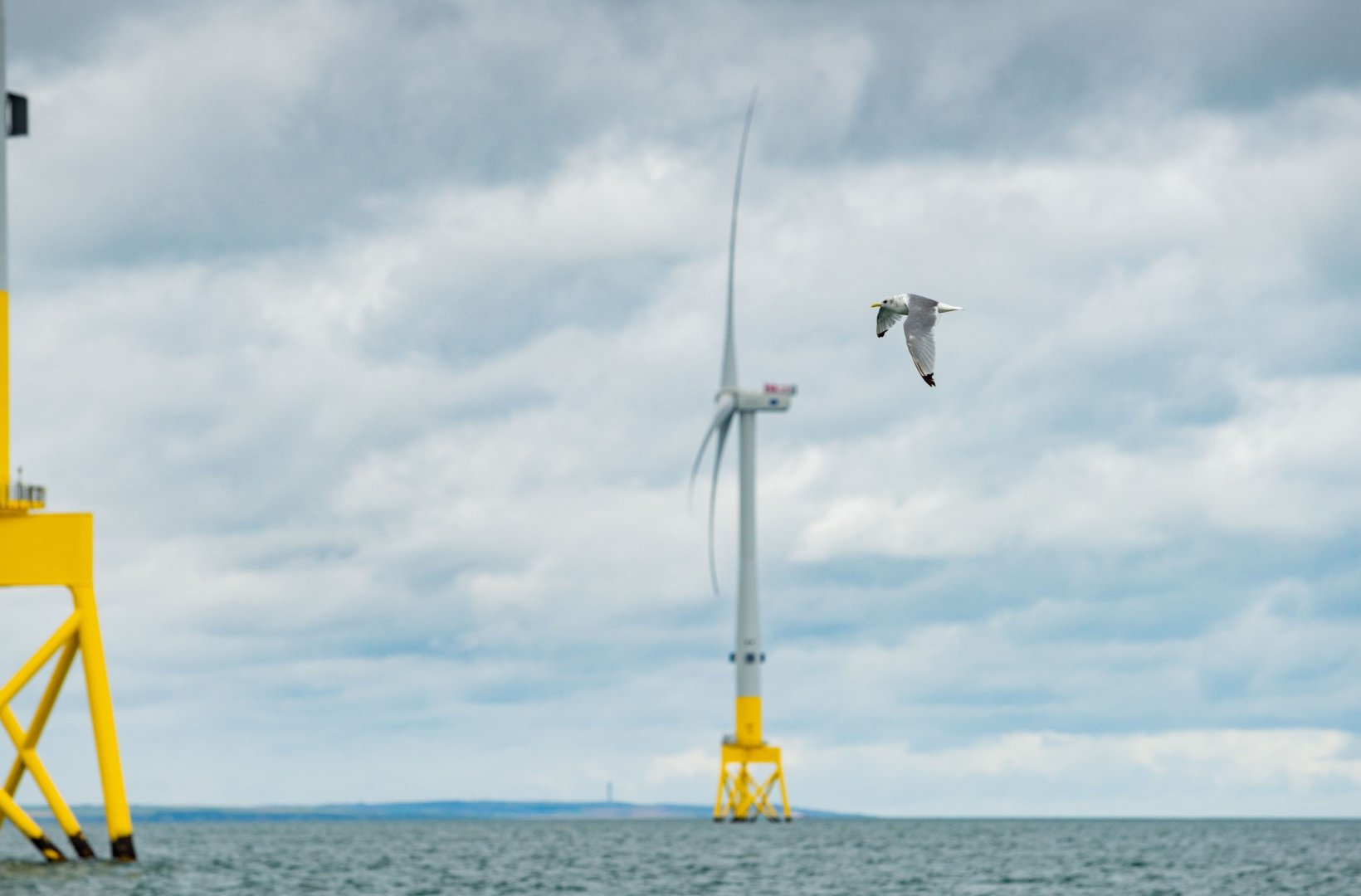
Fossil free, net zero and biodiversity
Reaching net zero is a must do. It requires deployment of fossil free electricity generation at scale in the UK - to support our electricity needs today and in the future. What does this mean for our approach to the environment? Even tougher decisions are just around the corner.
Jesper Kyed-Larsen, Environmental Expert, Vattenfall
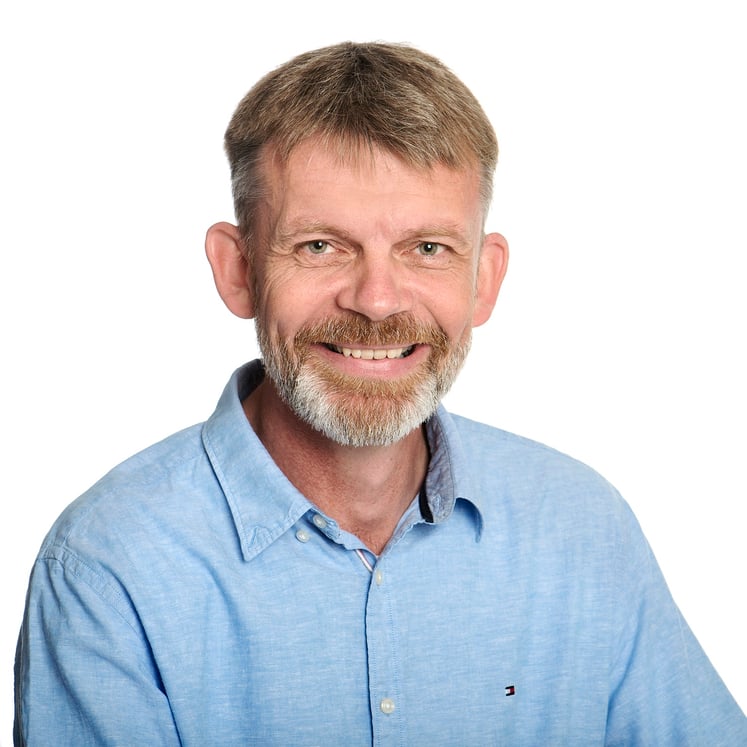
The tough decisions
Cumulative impacts, site selection criteria, repowering strategies, the balance of fossil free sources. These are all pieces of the jigsaw and getting the balance right is a dilemma – not just for Vattenfall’s commercial and strategy teams, but also for us working in environment and sustainability.
Wind and solar are still relatively new parts of our energy mix, and whilst environmental knowledge is growing rapidly, there is much more to do. We know that we need to innovate and accelerate our efforts to build a strong knowledge base so that we can be confident that the energy sector will grow sustainably.
Reducing environmental uncertainties
The precautionary principle is something we and stakeholders - NGOs and regulators - apply in the event of uncertainty when designing wind farms where there might be a low evidence base, a lack of knowledge, or dispute even around the potential impacts on a species, population or habitat. It is fundamental to the environmental impact assessment process. However, the uncertainties need to reduce if we are to deliver on net zero.
This means collaboration, investment in environmental research and dialogue across stakeholder groups and interests - to make the decisions that protect biodiversity whilst delivering the infrastructure that tackling climate change demands of us. Collaboration across stakeholder groups is vital – working in isolation just doesn’t work.
Sphagnum peat moss at Pen y Cymoedd Wind Farm
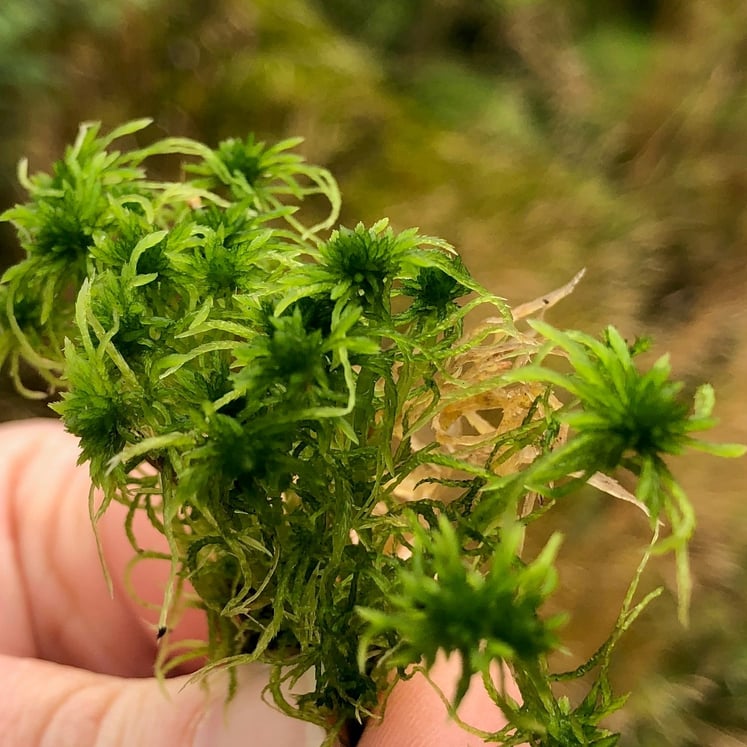
Net zero and positive gain
Our onshore wind experience, where research and knowledge has grown over a longer period, tells us that a positive impact for biodiversity from fossil free electricity development is achievable. At our sites such as Pen y Cymoedd, Clashindarroch and Ray, through significant peatland restoration investment we expect that to be the outcome.
Peatlands have the potential to be a natural solution to reducing greenhouse gas emissions and are home to some of our rarest wildlife. By restoring these vital habitats, we help to limit the impacts of climate change, whilst also maintaining and enhancing biodiversity within our sites. This is evidenced by the wide variety of species recorded during monitoring surveys, most noticeably, birds of conservation concern such as nightjar and merlin which are now thriving.
Offshore, we know that a rich variety of marine life colonise our wind farm foundations and scour protection due to the provision of new hard substrate, a habitat type that was historically widespread in the North Sea. While this new substrate is artificial, boulders and other materials used in cable protection have been found to add habitat complexity in otherwise barren muddy seafloors, increasing the heterogeneity of the environment in and around offshore wind farms.
These positive impacts come when there is early dialogue, collaboration, and a strong relationship between industry, science, government and the public.
Broadening collaboration
There’s a strong argument that certain discussions should take place outside of project specific settings - to agree common goals, to set the broader parameters that enable the best outcomes at a project level.
That’s one of the reasons that the Offshore Wind Strategic Monitoring and Research Forum (OWSMRF), now established, can play a leading role in the effort towards reaching net zero, bringing together stakeholders to explore the broader picture, find the common ground, and close key knowledge gaps.
Better performing, better designed wind farms at lower cost – these are all potential benefits from environmental innovation and research and the increased certainty it can offer us.
Should net zero delivery consider the possibilities not just for biodiversity protection but the opportunities for positive gains? We think so.
Video player requires marketing cookies.
To view this content please click here to allow marketing cookies.
Vattenfall R&D creates power generation solutions which take care of our planet

